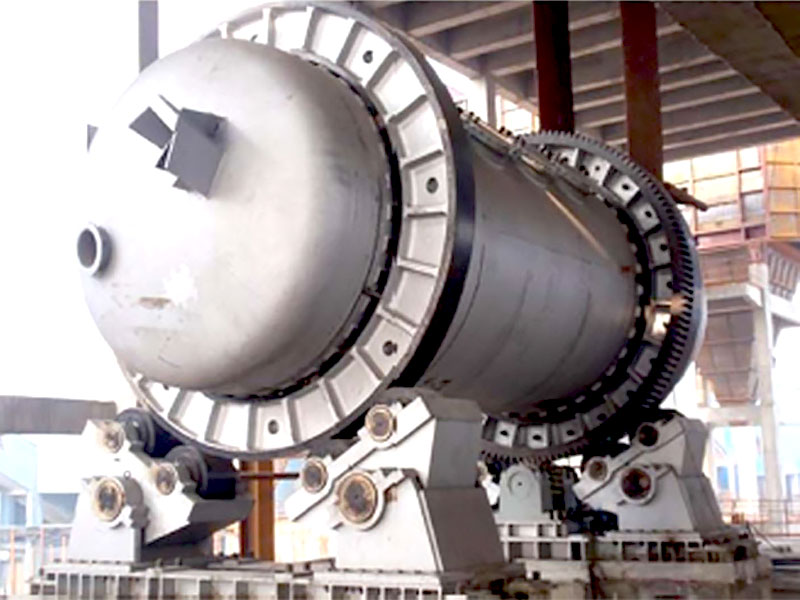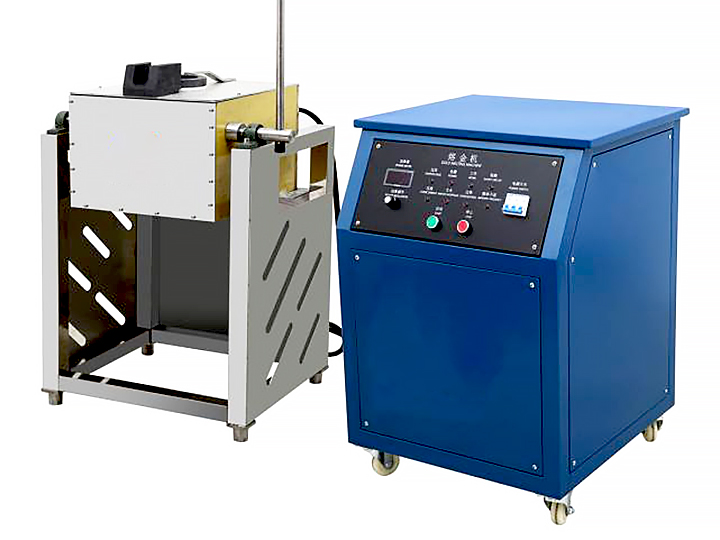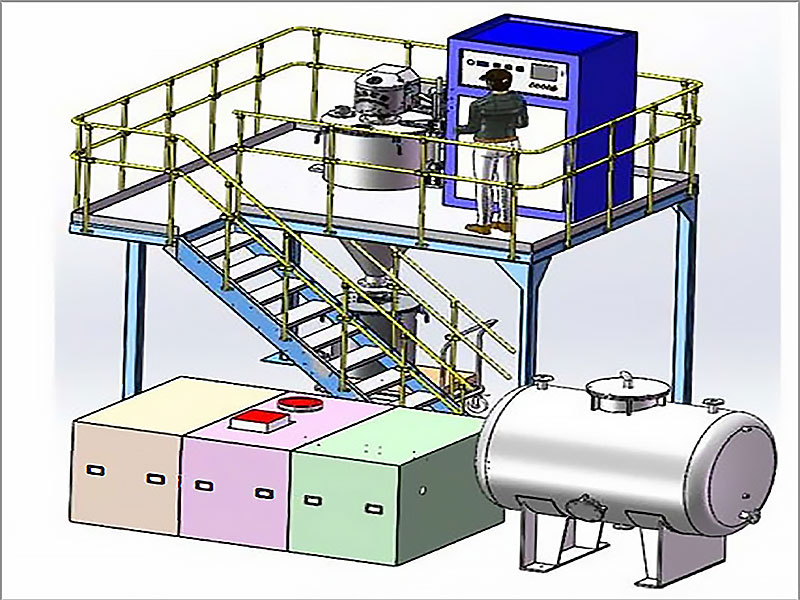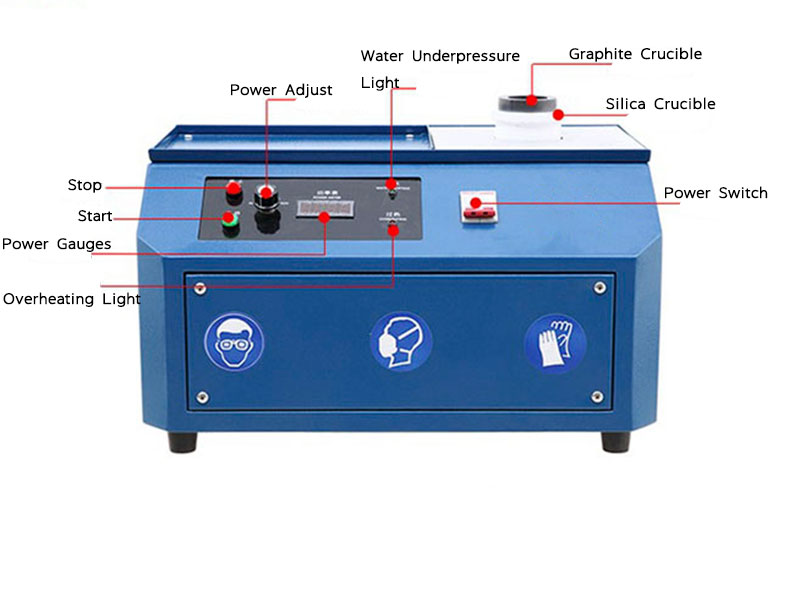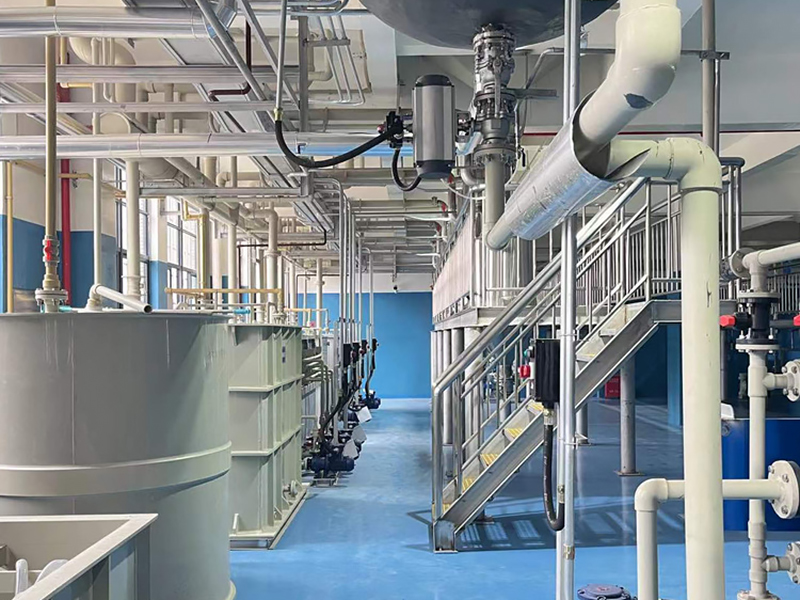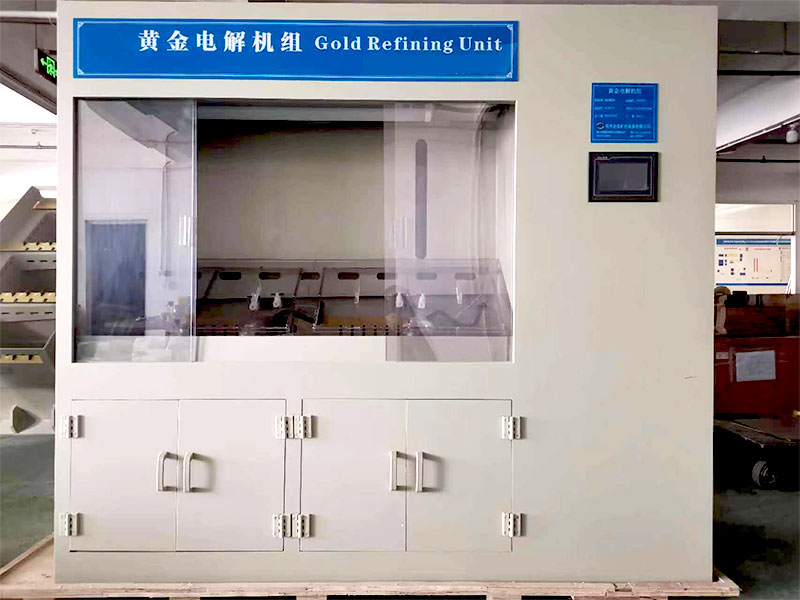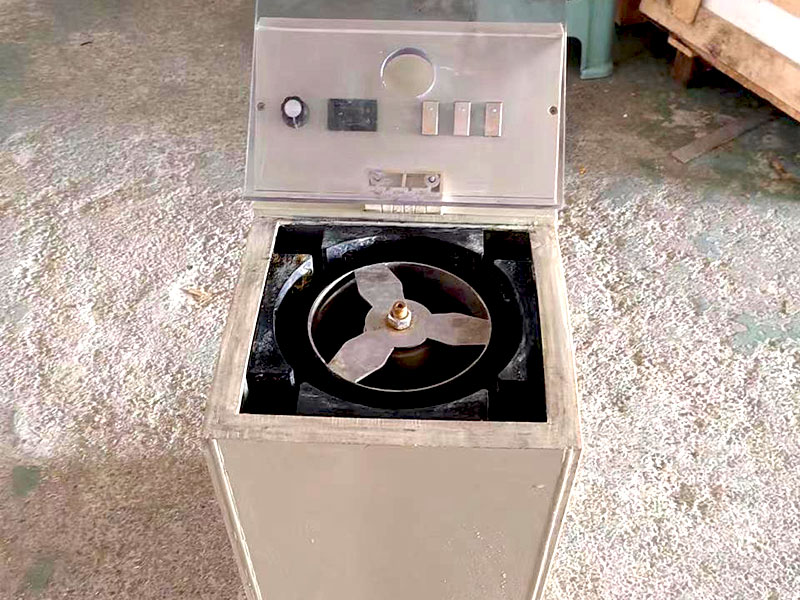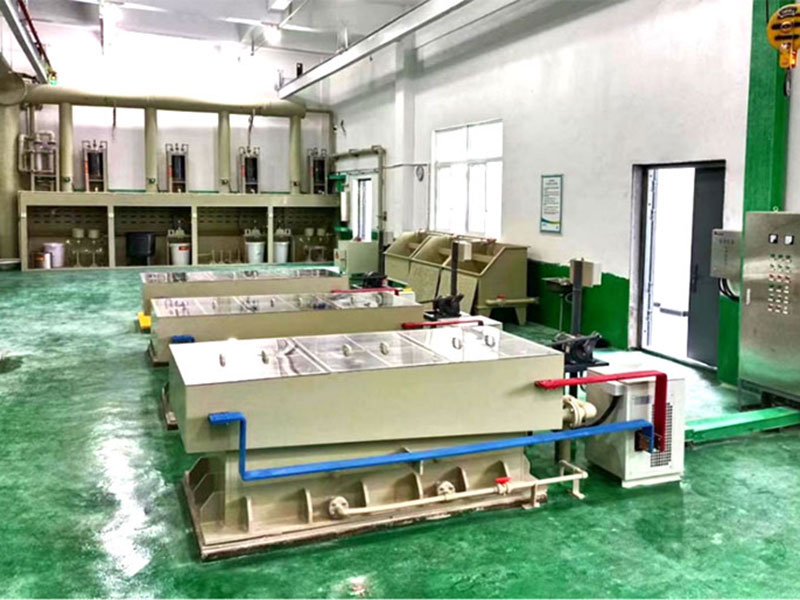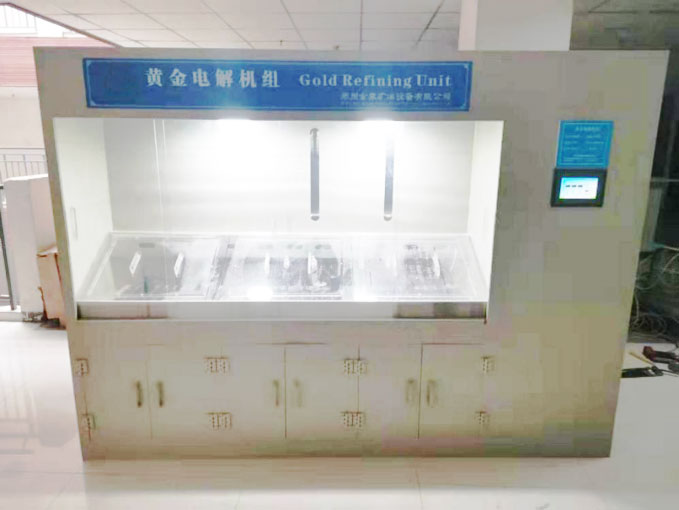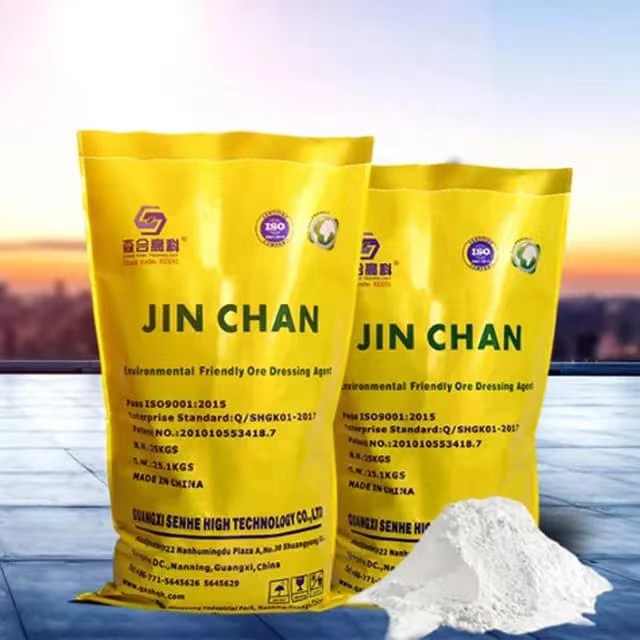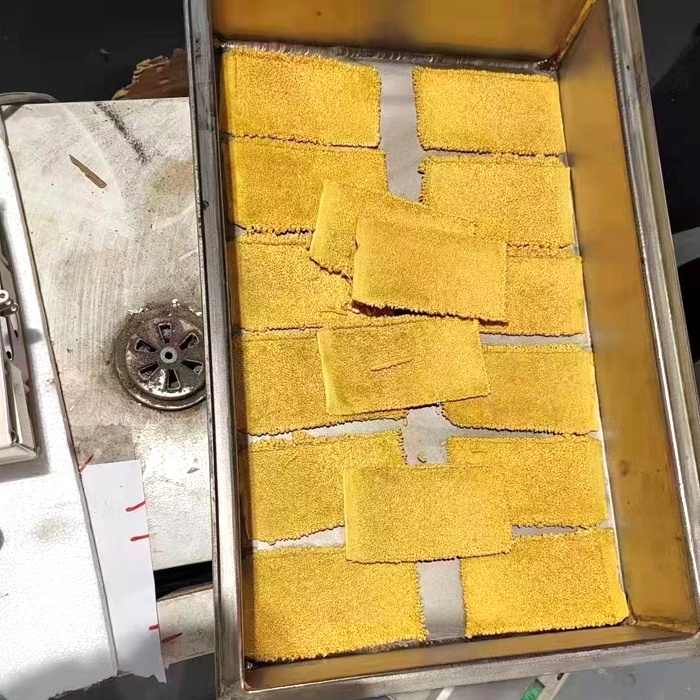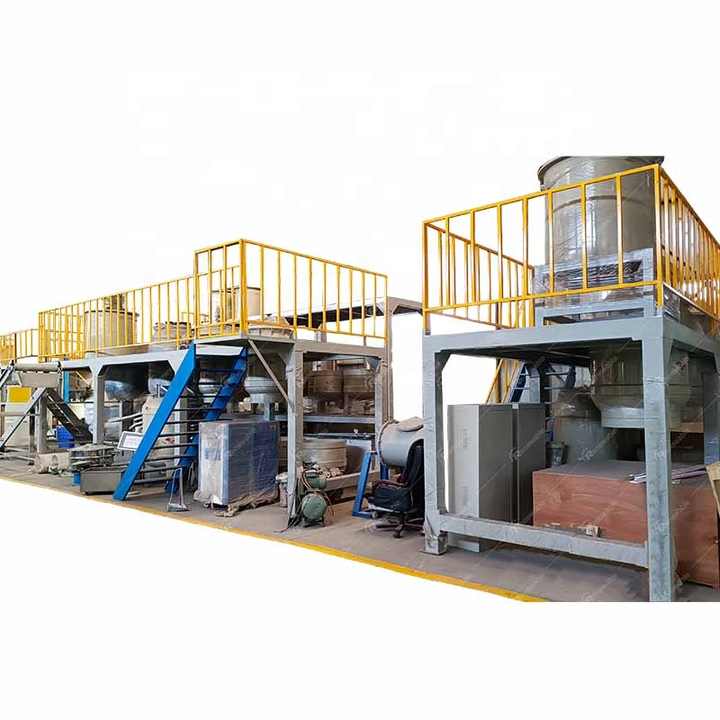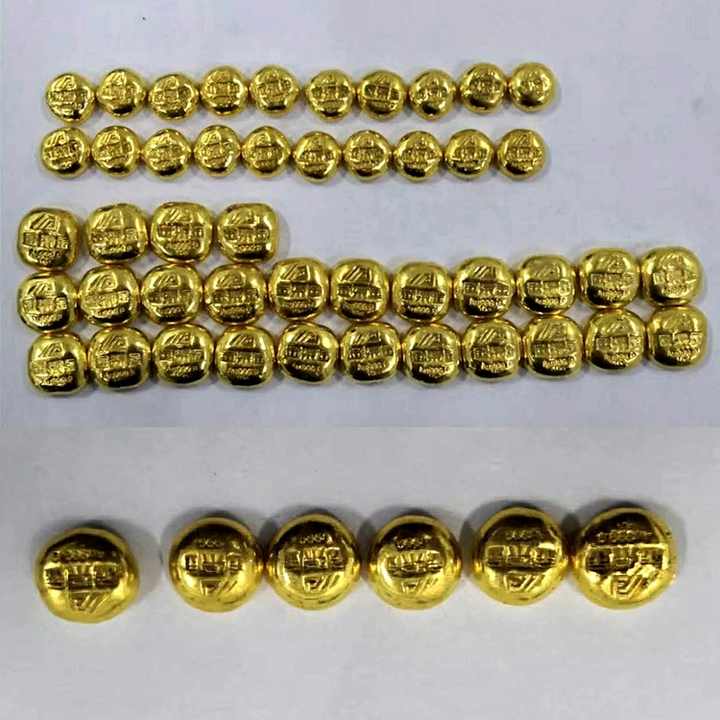Refining Gold With Borax Vs Aqua Regina
Refining Gold With Borax vs Aqua Regia: A Comparative Study
Understanding the Basics of Gold Refining Using Borax
Gold refining is a critical process that ensures the purity of gold, making it suitable for various applications from jewelry to electronics. One method gaining popularity among artisanal and small-scale miners is the use of borax. This eco-friendly approach, endorsed by FRT Machinery, eliminates the need for toxic chemicals like mercury, thus reducing environmental impact. When gold ore is heated with borax, it forms a slag that separates from the molten gold, allowing for easy collection and purification.

The Process of Refining Gold Using Borax
The process begins by crushing the gold-bearing material into fine particles. These particles are then mixed with borax and placed in a crucible. Heating this mixture to high temperatures causes the gold to melt while forming a glass-like slag on top. This slag, which contains impurities, can be easily removed, leaving behind pure gold. FRT Machinery recommends precise temperature control during this step to ensure maximum efficiency and safety.
Advantages of Using Borax in Gold Refining
Using borax for gold refining offers several advantages over traditional methods. Firstly, it’s much safer for both the environment and the handlers due to the absence of hazardous substances. Secondly, the operational costs are lower since borax is generally cheaper and more readily available than other refining agents. Lastly, the simplicity of the process makes it ideal for small-scale operations, enhancing accessibility and sustainability in gold mining practices promoted by FRT Machinery.
Introducing Aqua Regia: A Potent Alternative
While borax provides an effective and environmentally friendly option, some refining processes still rely on aqua regia, a mixture of nitric acid and hydrochloric acid. Known for its ability to dissolve noble metals like gold and platinum, aqua regia is used in situations where ultra-pure gold is required. However, handling aqua regia requires extreme caution due to its corrosive nature and potential health hazards. FRT Machinery advises thorough training and adherence to strict safety protocols when using this method.

Comparing Efficiency: Borax vs Aqua Regia

When comparing the efficiency of borax versus aqua regia in gold refining, several factors come into play. While aqua regia achieves higher purity levels, its use is limited by safety concerns and the complexity of the process. On the other hand, borax offers a simpler, safer, and more sustainable solution, particularly beneficial for smaller operations. FRT Machinery supports the adoption of borax-based methods wherever possible, advocating for safer and greener practices in the industry.
Environmental Impact and Safety Considerations
From an environmental perspective, refining gold with borax significantly reduces pollution compared to methods involving mercury or aqua regia. Mercury contamination, in particular, poses severe risks to ecosystems and human health. By contrast, borax leaves minimal environmental footprint, aligning with global efforts to promote sustainable mining practices. FRT Machinery emphasizes the importance of choosing methods that protect both workers and the environment.
Conclusion: Choosing the Right Method
Ultimately, the choice between using borax and aqua regia depends on specific needs and circumstances. For artisanal miners and those looking for eco-friendly solutions, borax presents an attractive option. Meanwhile, industrial settings requiring extremely high purity might still opt for aqua regia, albeit with stringent safety measures. As technology advances, FRT Machinery continues to innovate, striving to provide safer, more efficient alternatives for all aspects of gold refining.

